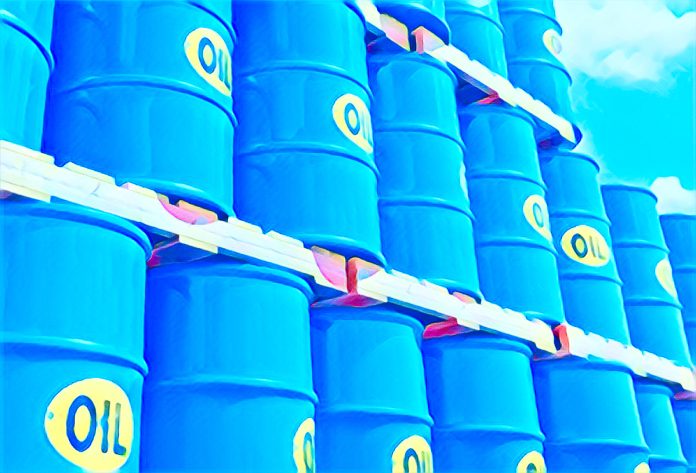Key Points
-
Refiners spurn domestic crude over quality concerns.
-
Government and oil firms enter tense standoff.
-
Supply disruption risks higher costs and imports.
Refiners in Nigeria have officially turned down an 11 million-barrel shipment of crude oil from the federal government. This makes an already tense situation even worse.
The state oil company and regulatory agencies are now at odds with refineries, international producers, and local operators. This threatens Nigeria’s goal of becoming self-sufficient in refining.
Local crude rejection shows that there are problems with quality
The Dangote Refinery, which can process 650,000 barrels of oil per day and is owned by Aliko Dangote, is at the centre of the disagreement. Engineers at the refinery say that the crude oil they got from NNPC’s supply arm had too much sulphur and too many particles for the industry to handle.
The Port Harcourt Refining Company (PHRC) staff also said that the API gravity was inconsistent and that the batch could hurt catalysts. They have asked for independent retesting or outright rejection, which is something that PHRC managing director Ahmed Dikko backs.
People at Dangote have said that the rejection is more about safety than defiance. Aliyu Suleiman, the strategy officer for the Dangote Group, said, “We can’t risk damage to our units.” He says that at those levels of impurity, the risk of downstream loss and maintenance costs goes up.
The government and producers are fighting over their duties
According to a report by the Punch news, the Nigerian National Petroleum Company Limited (NNPCL), which is led by Group CEO Bayo Ojulari, says that the crude passed quality tests before it was sent. As a compromise, the company has suggested third-party tests. But refiners say that stance came too late. Oil companies, especially Shell, ExxonMobil, and local independents, are now stuck in the middle of a fight.
Producers say that refiners offered them low prices for crude oil, which made them more money in export markets. Gbenga Komolafe, the head of the Nigerian Upstream Petroleum Regulatory Commission, has warned that producers who don’t follow the rules risk having their export permits blocked.
Reuters
Some upstream companies are worried that repeated rejections will make people less likely to invest in the future, especially in marginal fields. Some people say that the Petroleum Industry Act’s Domestic Crude Supply Obligation should be enforced more strictly.
Local crude rejection raises the risk of imports
Nigeria may have to rely on refined imports again because domestic refining has come to a halt. Analysts say that each extra month of disruption could add hundreds of millions of dollars to the cost of imports. That would lead to a lack of fuel, pressure on foreign exchange, and new debates about subsidies.
Recently, Dangote stopped selling fuel in naira because the price of crude oil in dollars didn’t match the price of crude oil in naira.
If refined imports start up again, it would be a big change from what the government is saying about energy sovereignty right now.
The cost to the general public is high. Prices at the pump may soon go up even more for customers. Parliamentary committees have already asked NNPC and the Petroleum Ministry for answers.
What happens next in the standoff over crude?
To restore trust, NNPCL is suggesting a joint oversight forum of refiners, producers, and independent labs to check crude batches. But a lot of people say that no refinery will accept uncertain supply unless the terms are renegotiated or guaranteed.
This fight isn’t just about one rejected shipment; it shows bigger problems with Nigeria’s oil management. Local crude rejection is now the main problem in the sector.



